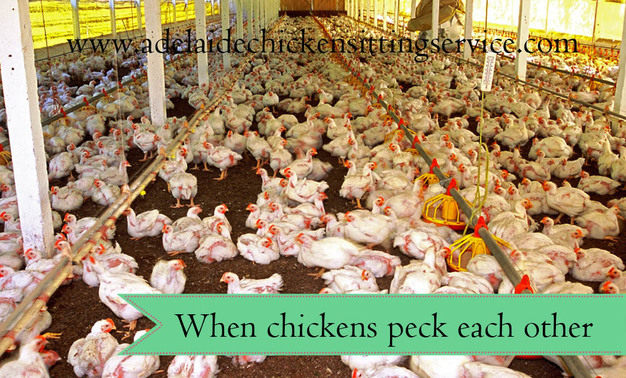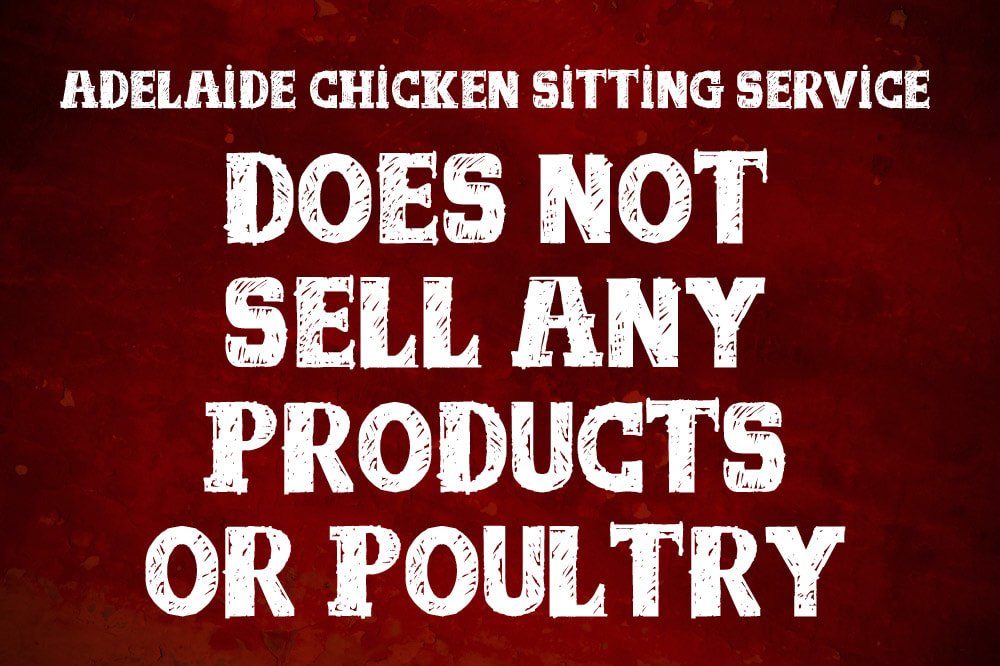The loss of feathers can actually be due a range of things rather than just immediately diagnosing it as from an attack. Molting and broodiness are the other two major times in a chickens life when feathers come out. You may have heard of 'feathering ones nest', well in the case of chickens that is exactly what the girls do. The feathers are mostly self plucked from around underneath where she can reach.
Investigate their overall health to to see if they have a parasitic infection, lice or mites. Sometimes worming and pest dusting can be the simple solution that is often overlooked. Clean out their nesting boxes and roosting area too. Strange behaviours can often manifest themselves when parasitic pests invade.
It is not normal behaviour for chickens to peck at each other to pull out feathers or leave one another bleeding. If it is only one chicken being picked on then remove her to another coop for her safety until she heals sufficiently to be reintroduced back to the flock. Sick or injured hens are also likely to be heavily picked on by the flock, so for their own safety need to be moved to another temporary coop.
Feather pecking can be caused by:
- Stress
- Boredom
- Light/dark of nesting areas
- Nutrition
Stress
Over-crowding is the usually the main reason. Can the floor area of the coop and run be extended?
Pecking of any kind is almost always due to high stress levels, so investigate what could be up setting the hens.
Observe other animals that may interact with the hens or their cage area. Don't forget the night time investigation for other unseen predators.
Boredom
When hens are kept in a cage and limited run their view and foraging is highly limited. As every yard is significantly different to a number of factors this type of housing for the hens may be their only option. Boredom will be a high influencing factor.
To help break the boredom include interesting ways of foraging for their food such as hanging up a cabbage or cob of corn for them to jump and peck at.
Include different heights for the girls to investigate. Something as simple as a wooden ladder or some natural sticks placed across a corner can be just what they are looking for, especially if the coop they are in has limited outside views from ground level.
If there is no dust bath in their coop/run, please add one as it is essential to their overall health and pest control maintenance. It is also a very social time for the hens that also benefits their psychological well being.
Light/dark of Nesting Areas
Hens love to lay in darker secluded places rather than in open bright spaces regardless of where the nesting boxes have been set up. I have seen hens desperate to lay but with no where to go. That soon builds to an unmanageable stress level that could leave the hens egg bound and in the worse cases, soon dead. Make sure there is somewhere hidden for your girls to lay. They can be very shy about their egg laying when they first start their laying career.
Nutrition
Make sure your hens have a high protein layer pellet mix, not just surviving on greens and kitchen scraps. You might find that your flock prefers one brand over another. Every breed has a slightly different protein need. Try adding a little minced meat, chop bone with a little meat on it or some meal worms a couple of times a week to help increase their protein levels.
Are you finding eggs are frequently broken and eaten by the flock in the coop?
This is a definite sign of a lack of protein. As eggs are a great source of protein the hens will try to find any source that will help them. The problem, however, becomes two-fold when they start to eat their own eggs.
- Eggs will be eaten by the hens rather than by you.
- Cannibalising of a hen at her vent (where the egg comes out) may occur = death
MYTH BUSTING
- Feeding egg shells back to hens is a good source of calcium.
BUSTED! This type of calcium cannot be reabsorbed since it has already come from the hen. The calcium level does not increase in the hen through this method, but merely passes on an inferior level of calcium and teaches the hen that egg shells are normal to be pecked at.
INSTEAD give the hens fine shell-grit to peck at or dust bath in. Hens tend to peck at the ground while they dust bath, thus taking in the fine shell-grit that they need. Alternative give the some live-culture yoghurt once or twice a week. Limit the frequency of yoghurt as it can result in runny poos and thus very messy bottoms.




 RSS Feed
RSS Feed